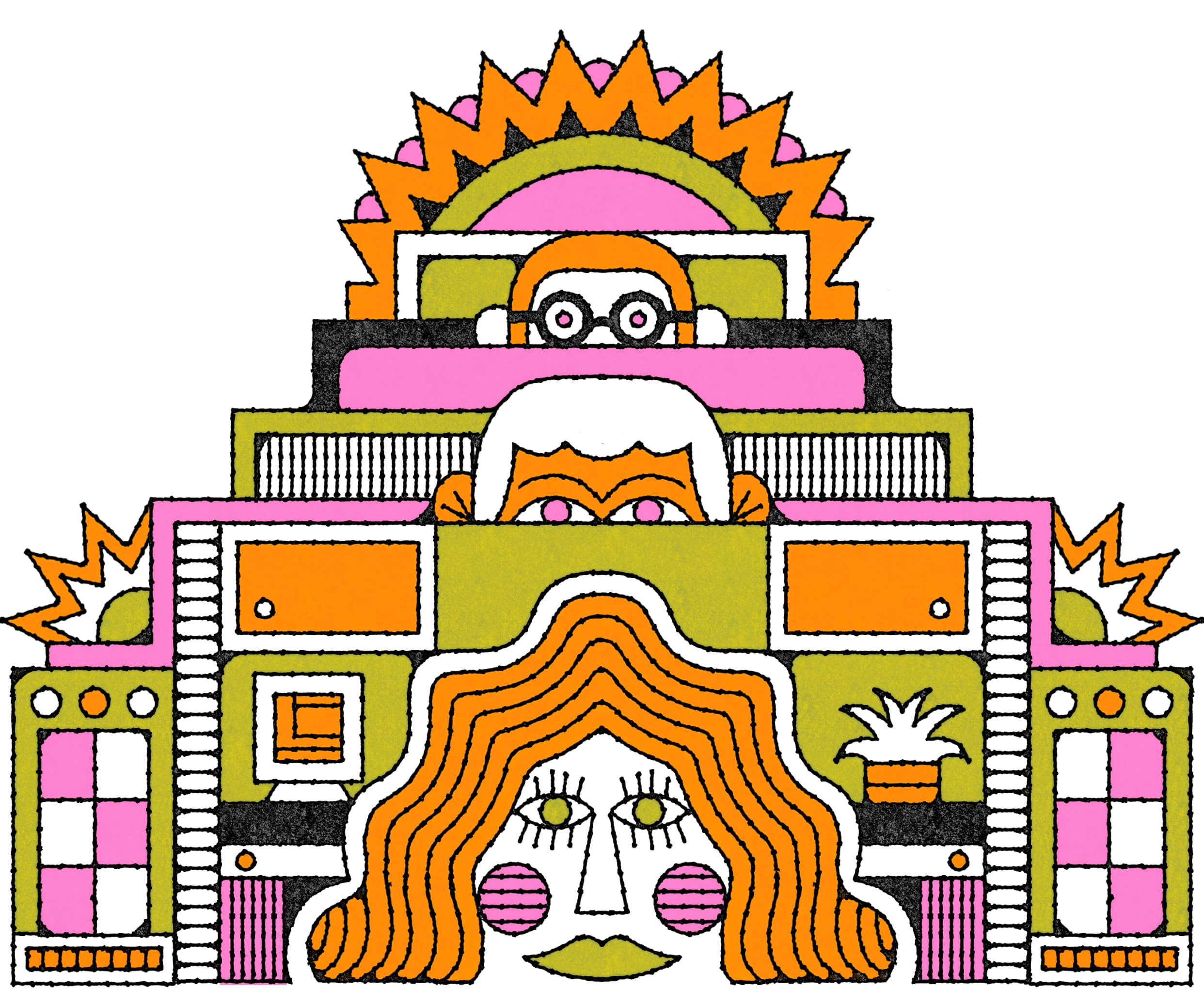A breakdown of the distraction economy and how we can learn to appreciate our own detours.
I have a friend who watches films at 1.5x speed, even 2x speed sometimes for mainstream films. He’s so used to it now that actual speed seems unbearable. His 2022 Letterboxd "Watch" count shows an average of two films per day. Another friend, watches films by skipping ahead manually and looking for scenes of particular interest. At first, I was appalled. How could they corrupt the sanctity of cinema? But then I realized I was writing this essay while listening to a Magic: The Gathering Let’s Play on YouTube with a copy of Foucault’s The Order of Things sagging on my lap. Was I any better, with my scattershot flip-flopping between stimuli? Did I have any aesthetic or moral high ground to stand on? The world we live in (unless you choose to renounce it, temporarily or permanently – an option that grows ever more tantalizing, with ayahuasca tourism, or Vipassana silent meditation retreats, or self-sustained living off the grid all growing in popularity) is a distraction economy: not only because our distraction is commodified and our attention monetized as a form of consumption in what has become known as hyperemployment; but also because our very sense of reality is constantly distracted by economic concerns, and an undercurrent of anxiety about capitalist value flings us from one thing to the next. In a distraction economy, we are never not performing the labour of adding value; our perception is churned into productivity by corporate algorithms and ubiquitous advertising. Most everything we do includes a calculation about its value, whether conscious or unconscious, and this is a symptom of our frantic zigzags from one act of consumption to another. The distraction economy has made its nest in our nervous system, in our sense of our own desires, and in our capacities to go long and deep.
The acceleration of attention
For some, the acceleration of attention is speeding us towards a future of technological singularity, or perhaps the end of capitalism itself. For others, distraction is a negative force, indicative of the death of reading, the death of depth, and the death of meaning. Enlightenment philosopher Immanuel Kant wrote that we cannot know the thing in itself, positing that we never have access to the world except through our own subjectivity. However, these days it feels impossible to access the thing by itself, as we are surrounded by images via social and news media, or sedated by streaming platforms. Our ravenous hyper efficient consumption endows meaningfulness to every jolt of stimulation. We bounce between media to not only feel good, but to feel alive.

As we know, images and stimuli on the internet are not autonomous, existing for their own sake. They are also a means of data-mining, a collection point for user habits, and thus a revealing look at our present and future purchasing patterns. How did this happen? In Marxist terms, technocapitalism transmutes every image (and by extension media of all stripes) into a commodity, placing the sights and sounds of our digital environment into an economic exchange. What we see, hear, and feel has a value associated with it. Film critic Jonathan Beller digs deeper into this ‘attention economy’ in his book The Cinematic Mode of Production: Attention Economy and the Society of the Spectacle. In it he explains that images themselves are not the culprit, but become commodified through the act of looking. In other words, an economy of attention does not begin with what is being looked at or listened to, but how it is being consumed. Looking and listening, then, are not passive, but instead forms of value production. Economies begin, first and foremost, with psychology and human behaviour. So, in an effort to counterbalance capitalism’s singular focus on productivity, let’s take a step back and look at our own desires, our own states of attention and distraction. Are my disparate stimulations – this open book on my lap, that YouTube video – a sign of a healthy creative process, or an indication that more is never enough? Has my willpower atrophied, or am I exercising and strengthening it by jumping between media? In the 1960s, Andy Warhol would blast the radio, keep the TV on, and read the newspaper while painting, bringing the outside world into his artwork. But for others, creativity is a form of meditation requiring intense focus. Zooming out even further, are questions of creativity and productivity automatically inserted into a commodity exchange, and can we embrace our creativity where it is not so beholden to capitalist whims?
–
Fan Wu is a writer and performer who's currently working on a comparative project on non-striving in Bataille and Daoism. You can read his writing online in MICE Magazine, C Mag, and baest journal. East Room is a shared workspace company providing design-forward office solutions, authentic programming and a diverse community to established companies and enterprising freelancers. We explore art, design, music, and entrepreneurship, visit our news & stories page to read more.